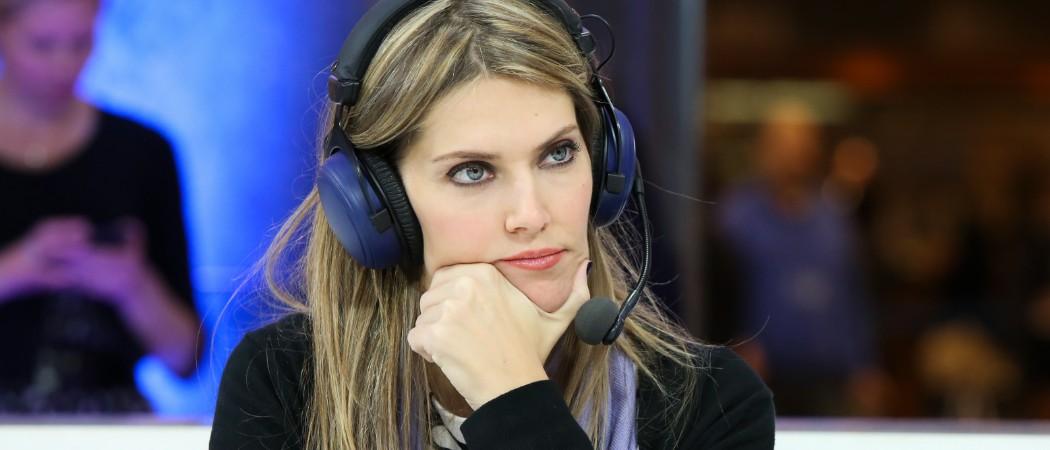Eva Kaili, vice president of the Parliament and a pillar of research and innovation policy, has been arrested over alleged corruption charges

Eva Kaili, who has been active in the European Parliament's work on research policy, was arrested on corruption charges last Friday. Photo: euranet_plus / Flickr
The European Parliament is facing a reputation crisis after Eva Kaili, one of the its 14 vice presidents, was arrested over corruption charges last Friday.
Kaili was one of four people arrested following 16 police searches in Brussels, during which €600,000 cash was seized. Following the arrest, Parliament president Roberta Metsola warned that "European democracy is under attack.”
The corruption scandal has reverberated through Brussels, as the Parliament faces questions over how widespread corruption and bribery in the institution may be. With Kaili holding important positions in the Parliament’s research and innovation policy groups, it may also serve as a moment of reckoning over ensuring politicians involved in science policy uphold its ethics and integrity values.
Kaili, an MEP since 2014, was active in the Parliament’s work on research policy until the arrest. Just last week, she launched a new research centre which will work at the intersection between blockchain technology and EU legislation. She served as vice president responsible for ICT innovation and the Parliament’s panel for science and technology, STOA, among others, since the beginning of the year.
Before becoming a vice president, and thus one of the Parliament’s most powerful people, Kaili chaired the STOA panel from 2017, the first woman to head the in-house science think tank.
Ethics and integrity
Brussels’ research voices are disappointed with the scandal in the institution that has been the one of the biggest champions for research at EU level, pointing to an incompatibility with the scientific values of ethics and integrity.
Kurt Deketelaere, secretary general of the League of European Research Universities (LERU), called the scandal unacceptable, considering Kaili’s high-ranking roles in the Parliament’s science policy engine. “If everything is correct and true what I read and hear, well, worse can not really happen for European R&I community. Integrity, reliability, honesty, etc, are all values we pursue in the R&I world and in R&I activities, so an MEP with responsibility in the field who acts in a totally opposite way, is really shameful,” he said.
Christian Ehler, the current STOA chair, said he was shocked about the allegations but assured the think tank’s integrity has not been compromised. He noted it is a panel rather than a political committee. “This whole system is designed to ensure the integrity of evidence-based debates. We continue to be rigorous in this approach, particularly because recent events reminded all of us of the need to be vigilant and transparent to ensure the integrity of our open democratic processes,” Ehler said.
Ehler took over leadership from Kaili in March, with a vision to reinvigorate the in-house think as a defender of science in legislative debates and to set up a mechanism for monitoring incursions into academic freedom.
MEPs have already called for a debate on improving the rules of ethics in the Parliament, and they will debate the scandal in plenary today. A vote is set to take place on Thursday.
The Parliament’s socialists and democrats group moved to expel Kaili shortly after she was arrested. An overwhelming majority of MEPs have voted today in a plenary session in Strasbourg to fully revoke her powers as vice president of the Parliament. Two MEPs abstained.





 A unique international forum for public research organisations and companies to connect their external engagement with strategic interests around their R&D system.
A unique international forum for public research organisations and companies to connect their external engagement with strategic interests around their R&D system.